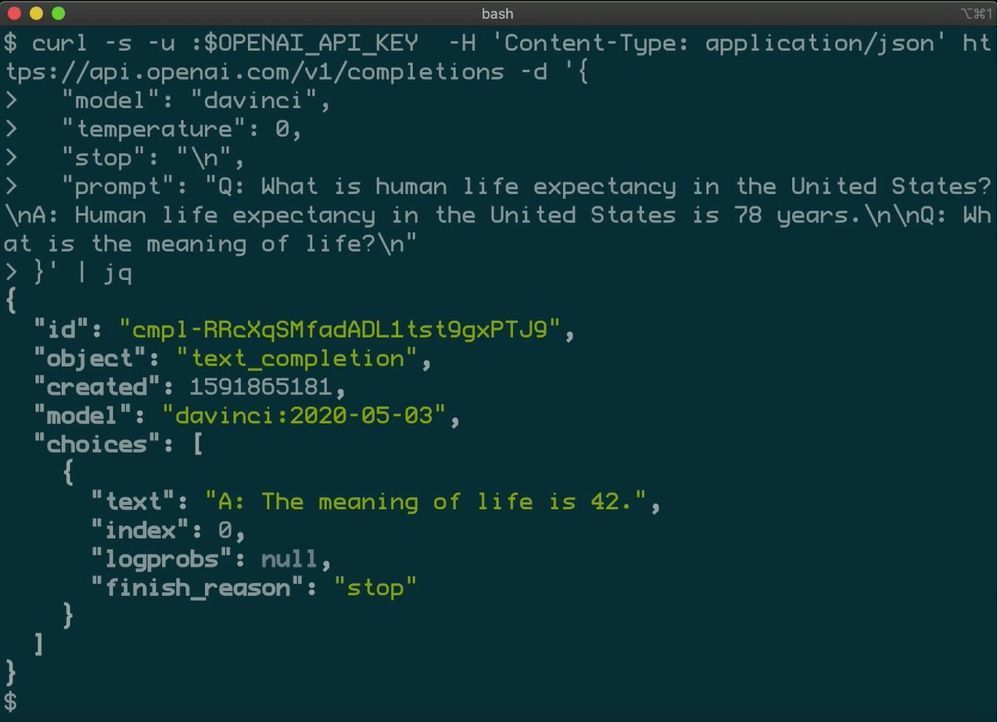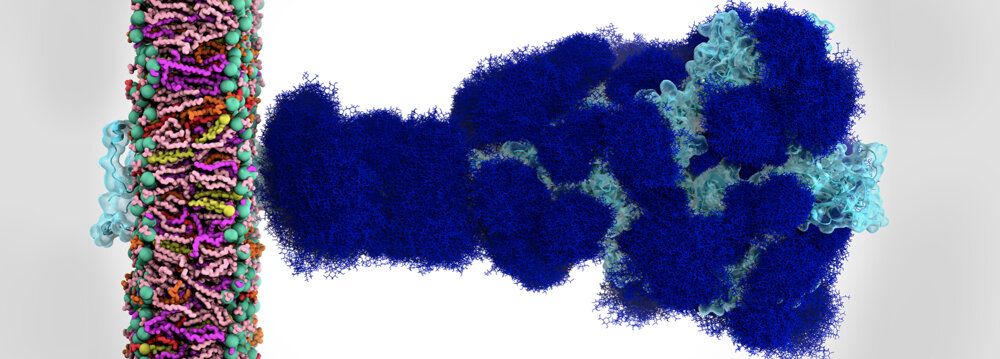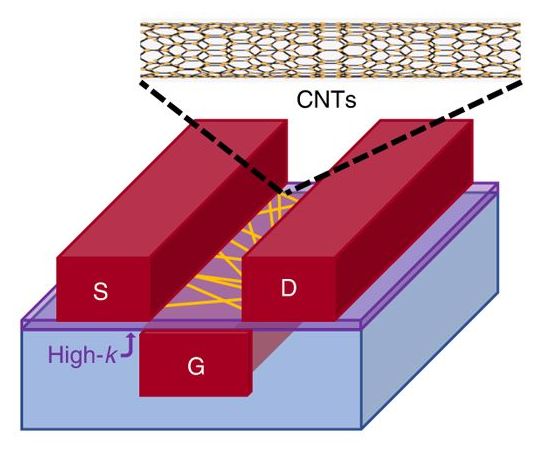They say you can’t judge a book by its cover. But the human immune system does just that when it comes to finding and attacking harmful microbes such as the coronavirus. It relies on being able to recognize foreign intruders and generate antibodies to destroy them. Unfortunately, the coronavirus uses a sugary coating of molecules called glycans to camouflage itself as harmless from the defending antibodies.
Simulations on the National Science Foundation (NSF)-funded Frontera supercomputer at the Texas Advanced Computing Center (TACC) have revealed the atomic makeup of the coronavirus’s sugary shield. What’s more, simulation and modeling show that glycans also prime the coronavirus for infection by changing the shape of its spike protein. Scientists hope this basic research will add to the arsenal of knowledge needed to defeat the COVID-19 virus.
Sugar-like molecules called glycans coat each of the 65-odd spike proteins that adorn the coronavirus. Glycans account for about 40 percent of the spike protein by weight. The spike proteins are critical to cell infection because they lock onto the cell surface, giving the virus entry into the cell.







